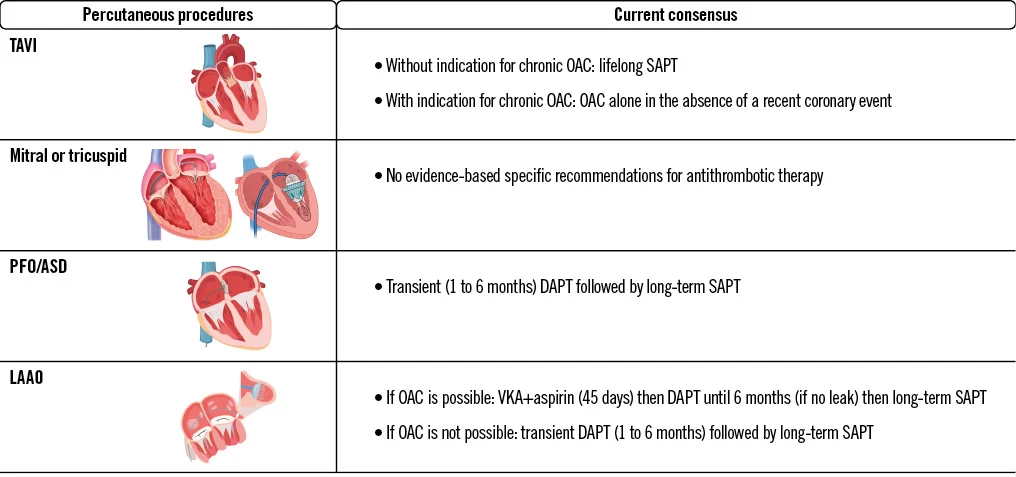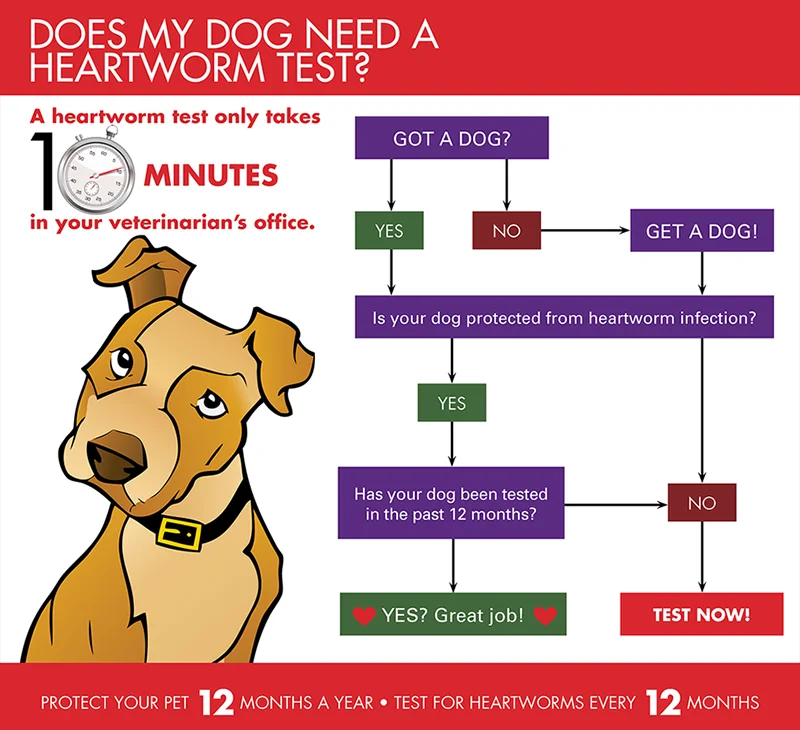Heart Pet Scan Test: A Comprehensive Guide to Understanding and Preparing for This Essential Diagnostic Tool
Guide or Summary:What is a Heart PET Scan?How Does a Heart PET Scan Work?Why Choose a Heart PET Scan?Preparing for a Heart PET ScanInterpreting the Results……
Guide or Summary:
- What is a Heart PET Scan?
- How Does a Heart PET Scan Work?
- Why Choose a Heart PET Scan?
- Preparing for a Heart PET Scan
- Interpreting the Results of a Heart PET Scan
The heart is the pump that drives life, and its health is paramount to overall well-being. With advances in medical technology, we now have access to sophisticated diagnostic tools like the heart PET scan. This article delves into the intricacies of the heart PET scan test, its significance, how it works, and how to prepare for it, ensuring you make the most of this invaluable tool in your journey towards heart health.
What is a Heart PET Scan?
A heart PET (Positron Emission Tomography) scan is a specialized imaging test used to assess the heart's function and structure. Unlike traditional X-rays or CT scans, which provide static images, a heart PET scan offers a dynamic view of the heart's activity, making it an invaluable tool for diagnosing and managing heart conditions.

How Does a Heart PET Scan Work?
During a heart PET scan, a small amount of a radioactive substance called a tracer is injected into your bloodstream. This tracer is designed to concentrate in areas of high metabolic activity, such as the heart muscle. As the tracer circulates through your body, a PET scanner detects the radiation emitted by the tracer, creating detailed images of the heart's function and structure.
Why Choose a Heart PET Scan?
The heart PET scan is a highly accurate and non-invasive way to evaluate the heart's health. It can detect abnormalities in heart function, such as reduced blood flow or areas of low blood flow, which may indicate conditions like coronary artery disease or heart failure. Additionally, it can help assess the effectiveness of treatments and monitor the progression of heart disease over time.
Preparing for a Heart PET Scan
Preparing for a heart PET scan involves a few simple steps to ensure the best possible results. Firstly, it is essential to inform your healthcare provider of any allergies or previous medical conditions, especially if you have a history of heart disease. Additionally, you may need to fast for several hours before the scan, as consuming food or drink can interfere with the tracer's ability to concentrate in the heart muscle.

During the scan, you will be asked to lie down on a table that slides into the PET scanner. The procedure typically takes about 30-60 minutes to complete, during which time you will remain as still as possible to ensure clear images. After the scan, you can resume your normal activities.
Interpreting the Results of a Heart PET Scan
The results of a heart PET scan are interpreted by a specialized radiologist or cardiologist. They will analyze the images to identify any abnormalities in the heart's function or structure. This information is then used to diagnose and treat heart conditions, ensuring the best possible outcomes for your heart health.
In conclusion, the heart PET scan is a valuable tool in the diagnosis and management of heart conditions. By understanding how it works, preparing for the procedure, and interpreting the results, you can make informed decisions about your heart health. If you are experiencing symptoms of heart disease or have a history of heart conditions, a heart PET scan may be an essential part of your diagnostic journey.
